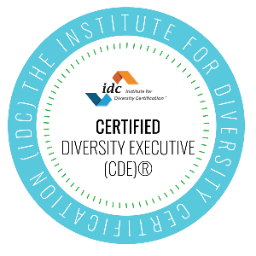Perspective: OK Superintendent Requiring Public Schools to Teach the Bible
As a DEI Practitioner and a devout Christian, here's a perspective on Oklahoma’s State Superintendent requiring public schools to teach the Bible.
The Issue at Hand
Recently, Oklahoma’s State Superintendent mandated that public schools incorporate Bible teachings into their curricula. This decision has sparked diverse reactions nationwide, highlighting the complex interplay between education, religion, and diversity in the United States.
Key Considerations to Ponder
- Constitutional Separation of Church and State: Christian principles historically influence the U.S., but the Constitution mandates a clear separation of church and state. Requiring public schools to teach the Bible raises concerns about potential violations of this principle and the rights of individuals with diverse religious beliefs or non-believers.
- Diversity and Inclusion: A critical consideration in the decision is the potential impact on students from various religious backgrounds. The inclusivity of curriculum content is paramount in ensuring all students feel respected and represented, fostering a sense of belonging and respect for diversity.
- Educational Impact:
Introducing Bible teachings may enhance cultural literacy and understanding of historical texts crucial to Western civilization. However, balancing this with the need for a comprehensive and unbiased education encompassing diverse perspectives and religious traditions, fostering critical thinking and cultural curiosity is essential.
- Community Response:
Understanding the varied perspectives within the community is essential. Engaging in inclusive dialogues with stakeholders, including educators, parents, students, and religious leaders, can provide valuable insights into the potential benefits and concerns of integrating religious teachings into public education.
Pros
- Cultural and Historical Relevance:
Teaching the Bible can offer students insights into cultural and historical references that have shaped Western society, literature, and art, providing a broader context for understanding various aspects of society.
- Ethical and Moral Values: The Bible promotes ethical and moral values that some argue benefit character development and promote virtuous behavior among students, contributing to their social and emotional growth.
Cons
- Religious Neutrality: Mandating the teaching of the Bible in public schools may infringe upon the principle of religious neutrality that public institutions are expected to uphold, potentially marginalizing students of different faiths or beliefs.
- Diversity and Inclusivity: Focusing solely on the Bible may neglect students' diverse religious and cultural backgrounds, reinforcing a singular perspective and alienating those with non-Christian beliefs or secular worldviews.
Neutral Impact Considerations
- Implementation and Context: How Bible teachings are integrated into the curriculum, ensuring academic rigor, cultural sensitivity, and respect for diverse beliefs, will significantly influence the potential impact on students and educational outcomes. Offering Bible studies as an elective or extracurricular activity rather than a mandatory curriculum component could offer students a choice in their religious education while maintaining a balanced and inclusive academic environment.
Final Thoughts
As a devout Christian living in the U.S., I would love it if all public schools taught the Bible, resulting in believers of my faith or, at minimum, Biblical understanding to help showcase a significant and important part of my identity. But also, as a devout Christian in the U.S., I understand the importance of a nuanced approach that considers the constitutional principles of religious freedom, diversity, and inclusion in education. Although just one perspective, striking a balance between the Bible's historical significance, respect for diverse beliefs, and ethical educational practices is crucial in fostering a harmonious and equitable learning environment for all students.














